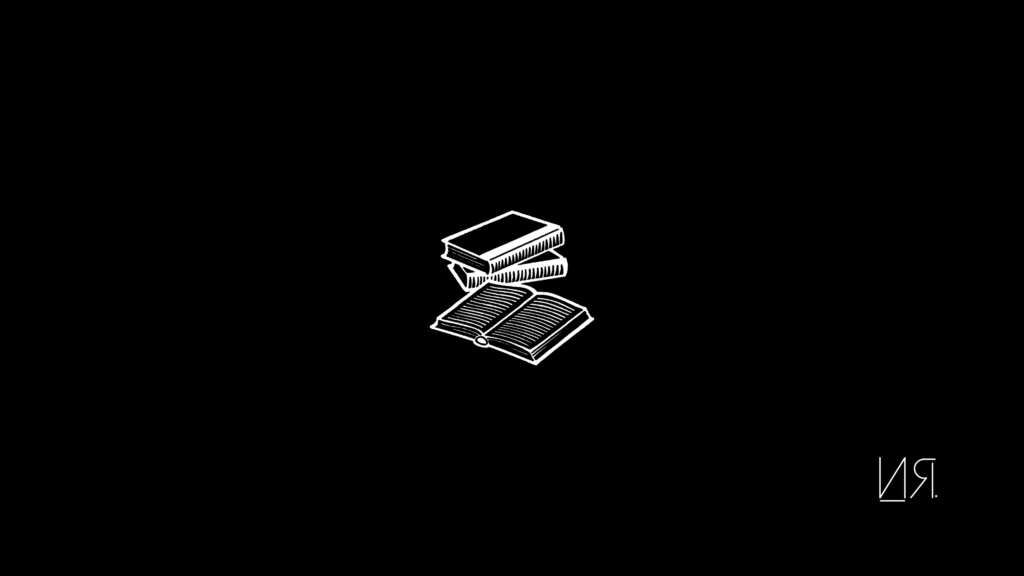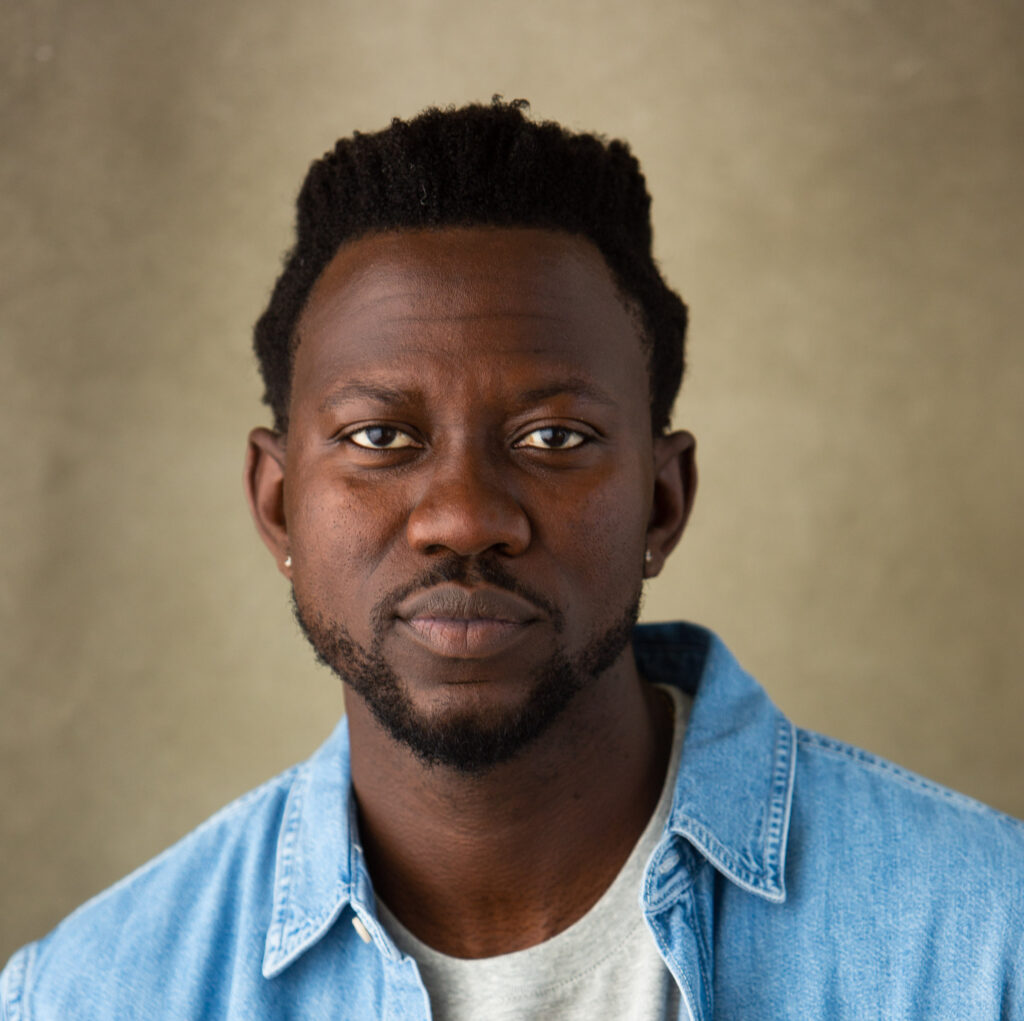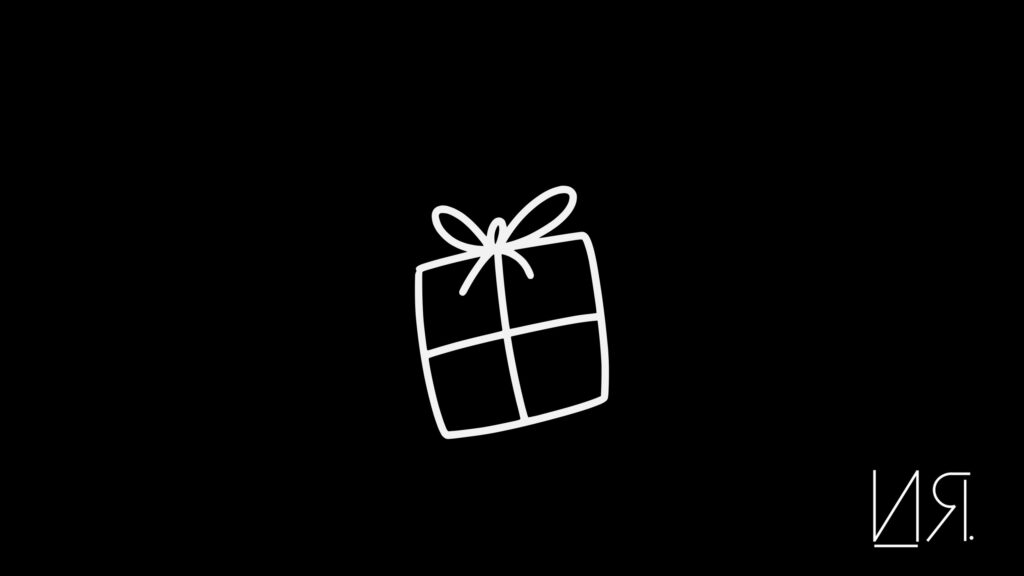2 times 1: 2 2 times 2: 4 2 times 3: 6 2 times 4: 8
Oh sorry, I’m having flashbacks of wearing my blue uniform in primary school back in Ikeja, Lagos.
That’s what math was all about. Reciting the multiplication table.
Ours was at the back of the blue notebooks we used.
Beginning of class: recite multiplication table. You’re misbehaving: recite multiplication table. You have bad grades: recite multiplication table.
You’d think they were raising a multiplication children army ready to get on the battlefield to defeat the enemy with rapid numerical recitals.
Now I understand the beauty of mathematics and language, but no one told us why we were reciting.
The teachers probably didn’t know either.
It was just the order of things.
Education was just an order to funnel you into another order.
It took years for me to come across the real liberation that comes from genuine education.
Accepted Programming!
We have been programmed by the education-industrial complex.
As students, “grown-up” teachers deposited knowledge into our empty minds.
They were the authority figures who knew. We looked up to them to show us the path forward.
They imparted rigid education with rigid rules to jump through their rigid grading systems.
Why all this rigidity?
They were preparing us for the factories and corporations.
Where you and I were supposed to turn knobs, hit keyboards, and keep our heads down, while the floor manager walked around holding the clock, gauging our productivity.
Once we got out of school, a lot of us stopped learning.
We became educated fools. Brandishing degrees and emblems to fit into social status constructs.
This fixed reality we believe in is what has stopped a lot of us from attempting to make a change in our lives.
We can recite the latest reports to sound like experts but we don’t know how to utilize them to make changes in our lives.
This fixed reality of “but I can’t do anything about it” has made some hopeless.
You feel hopeless. Everything becomes demotivating. The sun is shining but it feels like there’s a dark cloud over you. With no motivation, you continue to retreat. The maddening cycle continues.
And it all began with the education that shaped your mind.
“Wait. Wait. Wait. I know you ain’t talking, Nifemi. Don’t you have like 3 degrees” (Yes I do. I have a lot of relearning to do. That’s what got me here).
“OK, now so my kids shouldn’t go to school, huh?” (That’s not what I’m saying. They should just learn about liberating education).
The best education is when you are taught to learn. The most important education is learning how to learn.
When you have the mind to look objectively at your reality and ask the right questions, that curiosity leads to an answer.
Right or wrong, that answer generates more questions.
Reality isn’t a fixed thing or a system that you are trapped in.
It is dynamic, co-created with your fellow people and nature.
When you embrace your position as a historical being who is writing the present into the future, you become empowered to consistently transform your reality.
You can unlearn and relearn education to begin true transformation.
You are a subject of transformation but your education might have turned you into an object of oppression.
It’s time for change
3 Ways To Relearn Liberation
All you have to do is question how you’ve been programmed. We learn things along the way from our parents, friends, teachers, bosses, & coworkers.
If your life isn’t all perfect and rosy, all you have to do is ask: “Why?”
“Why do I have an expectation of a certain reality and how is it in conflict with the reality that’s in front of me now?”
This questioning might not come naturally because the system wasn’t built for you to be curious. It was built for you to be efficient.
When you start rethinking your education and develop a questioning mindset, you’ll be on your way to liberation.
You’ll learn to take charge of your life and develop a mindset that allows you to change without consistent self-doubt.
You’ll move away from “cancel culture” when you realize it’s just another ploy to fragment you into hopelessness and rigid isolation.
You’ll embrace your curiosity, sparking your creative problem-solving skills while keeping your mind open to productive dialogue with others.
You’ll become an agent of transformation.
Here’s how to get to it:
1. Understand the banking model of education
Education without the active participation of the students is just propaganda
Growing up, no one ever asked me what I wanted to learn.
Stuffed in with other students in well-defined rows and columns, I went from multiplication to periodic tables.
I only questioned this approach to education years later on my quest for creative and economic freedom.
In the “banking-model” of education, the education that most of us are used to, students are treated like empty “bank accounts” that teachers deposit knowledge into.
The students are blank slates supposed to be filled up so that they can fit into this fixed reality.
This is where the order is established.
We then proceed through life, consistently looking for order through school, job, crew, and social status.
The teacher never poses the student with the thought process that there are a multitude of problems with the current reality.
In this model of education, the teacher presents reality as something that’s fixed, unchangeable, and perfect.
“Just do your multiplication, get good grades, get a job, and plug into the perfect system”
The opposite of the banking-model of education is where reality is put forth to the student as a “set of experiences and problems” for both student and teacher to reflect upon.
In this “problem-posing” education model, the students are active participants in developing the program for their education.
There is a process of decoding the reality to unearth real generative themes that all participants can relate to.
This allows the continuous dialogue between teacher and students – both as active participants in transforming the collective reality.
It builds critical thinking for the student.
Watching the teacher as someone who is also learning, the student learns the most valuable lesson of education: they learn how to learn.
This is a far cry from the top-down, banking-model, education that ends up turning well-intentioned programs into propaganda brainwashing gimmicks.
“It is absolutely essential that the oppressed participate in the revolutionary process with an increasingly critical awareness of their role as subjects of the transformation.”
~ PAULO FREIRE, AUTHOR OF THE PEDAGOGY OF THE OPPRESSED
To break away from this banking-model of education, you need to foster two things: critical thinking (creativity) and dialogue.
Critical thinking for people to think for themselves, and dialogue for them to engage in reality-shaping conversations with others.
2. Elaborate (Don’t recite)
Stop memorizing. Start elaborating.
I find it hard to take advice from people who haven’t done the thing they teach.
I understand that reading and surrounding one’s self with information can help you recite facts and opinions.
Unfortunately, most people don’t learn and act on it. They don’t embody the experience.
The mere exposure effect gives us the illusion that we know something because we are around it often.
That’s why we’re in an era of the ever-reverberating echo chamber. Everybody is an expert, but only a few really know what they’re talking about.
These so-called experts are trained well in the schools and they know how to get the masses.
They know if you recite it well enough, with all the jargon, people will believe you.
They have memorized, crammed, and passed exams to advance.
Memorization is not a great way to learn. Elaboration is better.
I only learned this almost 30 years after the multiplication training of my infancy.
Elaboration is one of the best ways to learn and boost critical thinking.
It is not the storage capacity of our brain that is limited.
It is the retrieval capacity that is.
To grow your intellectual capacity you have to find different retrieval cues for information in your mind.
This can be fostered by connecting ideas to the contexts of your life and building meaningful connections.
This is why elaboration is one of the most effective forms of education: explain what you know in your own words.
Elaboration allows you to ask questions, probe, connect ideas, and find analogies.
This is very different from education built on recitals.
When you elaborate, you build understanding. Students should be encouraged to elaborate on what they learn. It develops their understanding. It builds critical thinking and creativity.
“The problem is that the meaning of something is not always obvious and needs to be explored. That is why we need to elaborate on it. But elaboration is nothing more than connecting information to other information in a meaningful way.
~ SONKE AHRENS, AUTHOR OF HOW TO TAKE SMART NOTES.
Do you really know what you think you do? Or are you just reposting and restating other people’s thoughts?
Break away from echo chambers and foster your own critical thinking by elaborating things you learn in your own context of the world.
3. Doing it “with” not “for”
Revolution works “with” and not “for” the people. Real revolution cannot happen without dialogue.
The revolution is a constantly evolving process, not an outcome. It is a permanent process of humanization. It is done with the people, not for the people.
With every passing day, we know things need to change.
We see it time and time again:
a new set of leaders come with the vision of change through democratic processes, politics, or “fake revolution.”
Just to get in power and start behaving like the same people they ousted.
This happens on the nation-building level, in our communities, at work, small friend groups.
One group feels they know more than the broader community.
Unfortunately for them, their delusion is manifested in the blind fact that they have internalized the oppressor’s consciousness.
The real revolution only happens through dialogue and communion with the people.
Dialogue is a revolutionary process, involving action and reflection.
The revolutionary leaders, those doing the education, have to emerge by reflecting and acting with the people and not on their behalf.
The fallacy that change has to happen with the rigid lines of before and after power is taken is just a recipe to fall back into the same objectifying nature of the system that “so-called revolutionaries” are trying to change.
They end up doing the same as the ones before.
The real revolution happens before the power is changed. It begins with the people reflecting on reality and what got them there.
Both the teacher and student embrace their roles as active subjects of transformation to change that reality
The revolutionary leaders (teachers) and the people together have one objective which is to transform reality and bring about humanization as a permanent process.
The dominant elite wants the opposite – to preserve the oppressive reality of dehumanization.
So they do anything to stop you from being curious and engaging in dialogue.
The real change you want to see in the world is only going to happen through dialogic action.
Hand-in-hand with your fellow people. Everybody is a student of life. Be open to different perspectives.
Final Thoughts
Real education teaches you how to learn.
It is a self-reinforcing skill: once you understand this principle, you become aware that you can learn anything.
You’ll know that reality is not fixed and you’re not an object of a fixed reality but a subject of transformation, co-creating the world with your fellow humans.
Break away from the traditional banking-model of education. Be a student of life, knowing that whoever is teaching it is also learning.
Boost your ability for critical thinking by elaborating on what you learn.
The real revolution will only happen through dialogue. Know that you are working with people and not for them. So whatever your plans, you have to do it together.
Start cultivating liberating education.



